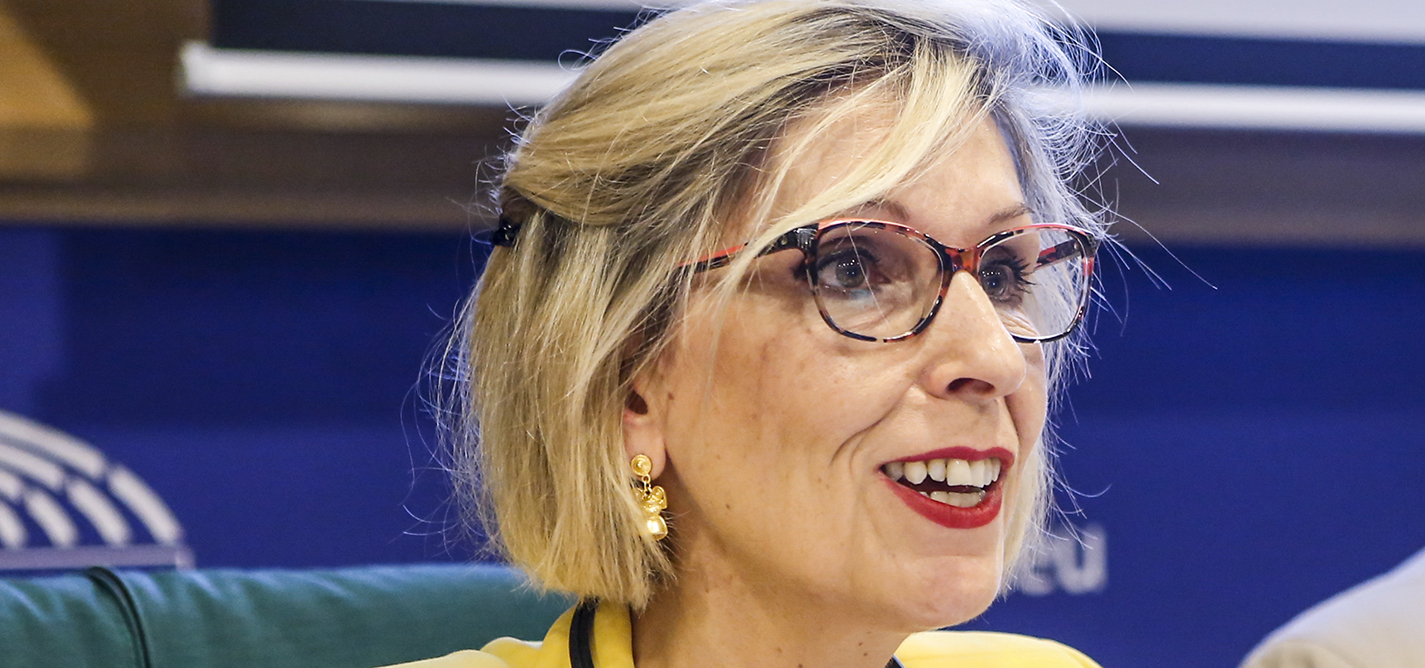
Beatriz Becerra: For me, liberalism is more of an attitude to life
MEP talks about a post-Brexit EU, migration policy, and what next year’s elections could mean for the future of Europe.
One-on-one | EU
I would say that 2016, with Brexit, started a new era for Europe, especially. But not only for Europe.
"The policies are what differentiate if you are more conservative or progressive, but I think that continuing the talk about the left and right is not helping at all - not in Europe, for sure."

Aleksandar Brezar
Aleksandar Brezar was born in 1984 in Sarajevo. Presenter and reporter for the Bosnian public broadcaster BHRT, he has also worked as a journalist at Radio 202, and on several documentaries for PBS, Holocaust Memorial Museum United States of America and Al Jazeera English. He also works as a literary translator.
This story was originally written in Serbian.